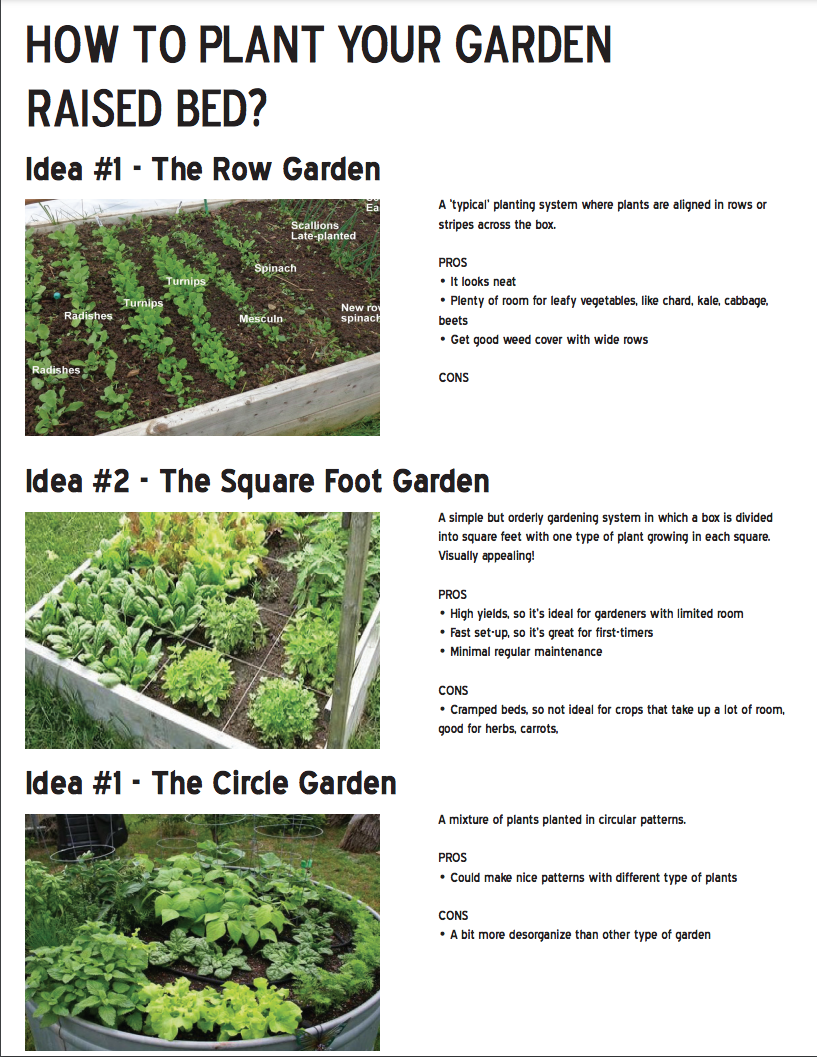
Edible Garden
Since 2018, with funding from the City of Whitehorse Environment Grant, we started our own edible garden project at YCS.
We grow food to help people get hands-on experience with gardening, give back to the community, and help the planet too. You’re welcome to sit in the garden and enjoy the green space anytime. If you’d like to help out with the garden, please contact us! 50% of the produce goes to volunteers and 50% is donated. There are opportunities for both regular volunteers giving one hour a week, and drop-in volunteers helping out occasionally.
Gallery
Bok choi growing early in the season
Beautiful panel by Bearbait Designs teaches visitors all about our garden
Potato harvest from our 4x4 potato box
An August harvest ready to head to the Food Bank.
New growth
Background
In the Yukon, a lot of our food is trucked up from the south. Trucks use a lot of fuel, which contributes greenhouse gases to the atmosphere. In fact, transport is one of the Yukon’s major sources of greenhouse gases. The sun’s heat gets trapped by these gases and warms the planet. Currently, humans are burning too much fuel and the planet is getting too hot, too fast.
The north is warming faster than anywhere else and Yukoners are already feeling the effects of winter temperature swings, warming permafrost, and more summer wildfires. Growing more of our own food will help us cut emissions from transport and reduce our reliance on imported food. We also make a special effort to grow plants that support pollinator species like bees, providing food for local insects as well as people!
You can help the planet too by growing your own garden, see the Do-It-Yourself section below to download some handy tutorials!
How Does Our Garden Grow?
What We Grow
Brassicas: cabbage, broccoli, bok choi, kale
Roots: potatoes, beets, turnip, radishes, carrots, onions
Greens: leaf lettuce, butterhead lettuce, mesclun, arugula, cress, chard
Herbs and edible flowers: chives, dill, mint, nasturtium
Fruits: rhubarb, raspberry, haskap and other berries
Our garden aims to provide for local needs in a sustainable way, following the principles of permaculture. Permaculture design mimics the patterns and processes found in nature to achieve the diversity, stability, and resilience of natural ecosystems. Our boxes are filled with a 70% compost, 30% sand mix from the City of Whitehorse. We use no chemical inputs in our garden. We mostly grow from seed, sowing directly into the boxes. We capture rainwater from the roof, using city water as backup. For the hoops which support some of the plants and the garden coverings, we use local hand-harvested willow.
Highlights
In 2018 our best growers were kale, radishes, baby bok choi, arugula, chard, Turkish turnips, lettuce, potatoes, and nasturtium flowers; what did not work so well was squash, beans, basil, and broccoli.
In 2019 our enthusiasm saw us starting peas in March, and we were lucky to be able to harvest in June. Our main planting day was May 9th, with the help of several volunteers. Our potatoes did very well, and we harvested almost a bushel, which were enjoyed by all who attended our BBQ on September 6th. We also harvested seed pods this year, and donated seeds to the EMR Seed Library.
Do-It-Yourself!

A Thank You!
Thank you to everyone who has helped our garden grow! The City of Whitehorse Environment Grant provided the funding we needed to get the project started in 2018. Without our team of volunteers planning, building, planting, tending and harvesting, we wouldn’t have a garden! Thank you also to everyone who has donated plants or materials to the garden. We always welcome volunteers and donations – just ask how you can help!
Other Outdoor Education Projects








